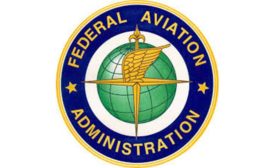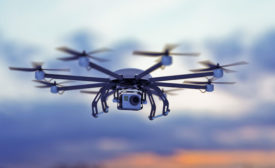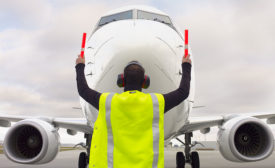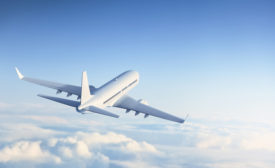Home » Keywords: » FAA regulations
Items Tagged with 'FAA regulations'
ARTICLES
FAA Administrator signals safety evolution
“It's about finding a problem, fixing a problem, and making sure it stays fixed."
October 13, 2015
Become a Leader in Safety Culture
Build your knowledge with ISHN, covering key safety, health and industrial hygiene news, products, and trends.
JOIN TODAYCopyright ©2025. All Rights Reserved BNP Media.
Design, CMS, Hosting & Web Development :: ePublishing




